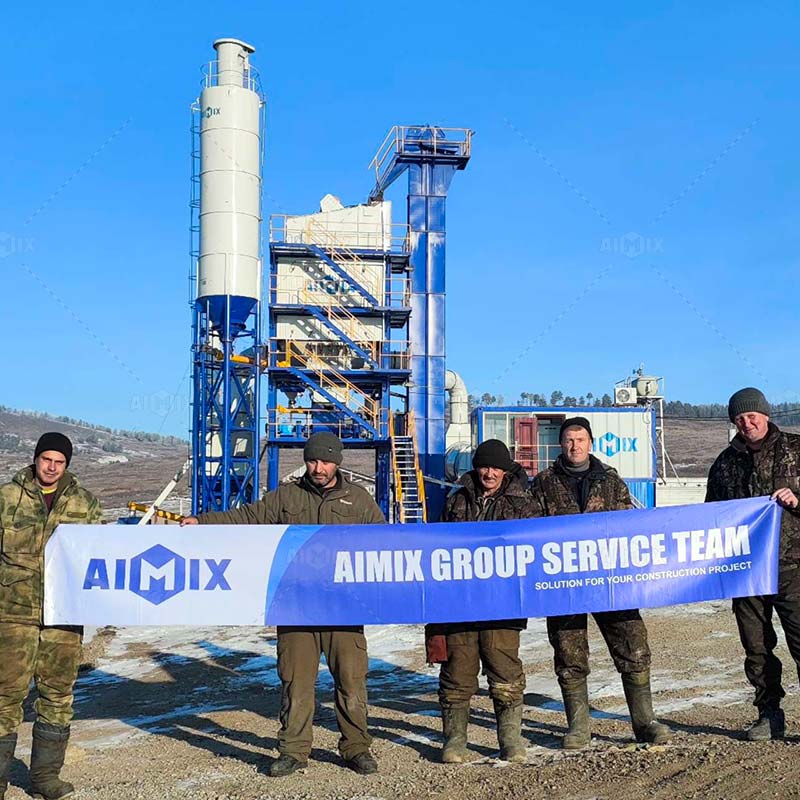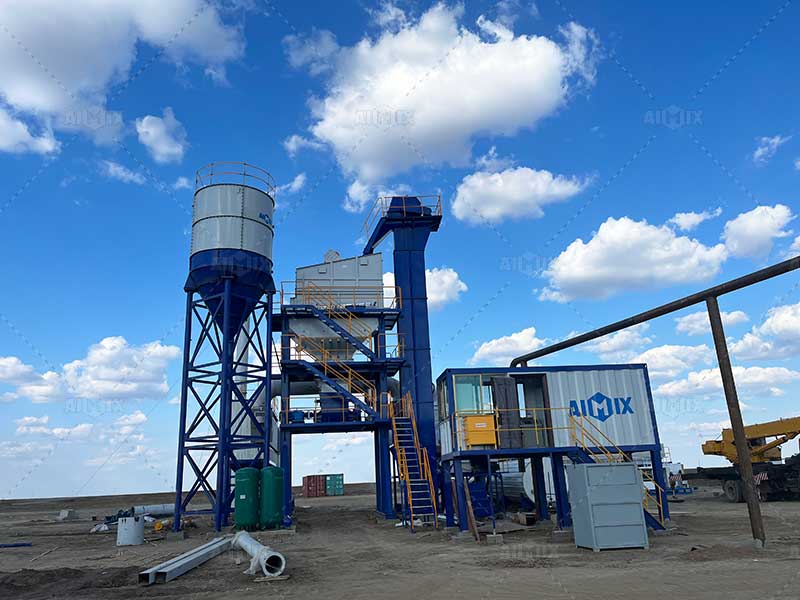Nigeria, a nation on the cusp of transformative development, is witnessing a revolution in its infrastructure sector. At the heart of this evolution are the prevailing trends in asphalt plant technology, reshaping the country’s roads and highways. This article delves into the intricacies of Nigeria’s infrastructure development, focusing on the current trends in asphalt plants.
The Evolution of Asphalt Plant Technology
The rapid advancements in asphalt plant technology mark a pivotal phase in Nigeria’s infrastructure journey. As traditional methods make way for modern innovations, the landscape of asphalt production undergoes a significant transformation. The incorporation of cutting-edge technologies, such as computerized process control and data analytics, streamlines production efficiency.
Notably, the adoption of sustainable practices is gaining prominence. Asphalt plant for sale in Nigeria is increasingly integrating eco-friendly features, such as energy-efficient heating systems and recycled material usage. This marks a departure from conventional practices, reflecting a commitment to environmental stewardship in infrastructure development.

Smart Infrastructure Integration
One of the noteworthy trends is the integration of smart technologies into the fabric of Nigeria’s infrastructure. Asphalt plants are becoming interconnected hubs of efficiency, leveraging the Internet of Things (IoT) for real-time monitoring and proactive maintenance. This connectivity not only enhances operational performance but also contributes to the longevity of the infrastructure.
The advent of smart infrastructure also translates into improved safety measures. Automated systems can detect and address potential hazards swiftly, ensuring a secure working environment for asphalt mobile plant operators. This emphasis on safety aligns with international standards and positions Nigeria as a flagbearer for responsible infrastructure development.
Challenges and Opportunities
While the trajectory of asphalt plant trends in Nigeria is undoubtedly positive, it is not devoid of challenges. Infrastructure development faces logistical and regulatory hurdles that necessitate careful navigation. The need for skilled workforce development is also a pertinent consideration as the industry evolves.

Regulatory Dynamics
Navigating the regulatory landscape is crucial for the seamless integration of advanced asphalt plant technologies. Aligning with environmental standards and ensuring compliance with evolving regulations are challenges that demand strategic foresight. However, adeptly addressing these challenges can position Nigeria as a beacon of regulatory excellence in the infrastructure domain. Check the asphalt plant trend here: https://aimixasphaltplant.com/asphalt-hot-mix-plant/.
Capacity Building and Skill Enhancement
As the industry advances, investing in the workforce becomes imperative. Capacity building programs and skill enhancement initiatives are essential to equip professionals with the expertise needed to operate and maintain sophisticated asphalt plant technologies. This not only fosters local talent but also contributes to the overall sustainability of the infrastructure sector.
Conclusion
In conclusion, Nigeria’s infrastructure story is intricately woven with the transformative trends in asphalt plant technology. The evolution towards smarter, more sustainable practices signifies not just a shift in methodology but a commitment to building a robust, future-ready foundation for the nation. Navigating challenges and leveraging opportunities, Nigeria stands poised at the forefront of innovation in asphalt batch mix plant trends, heralding a new era in infrastructure development.